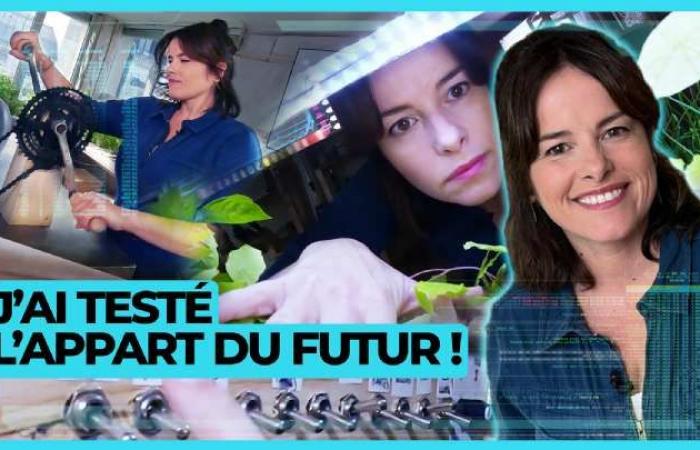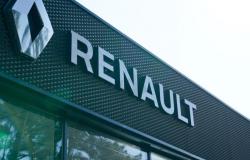The apartment of the future already exists, the “There is no planet b” team visited it for you. It is equipped with simple, sustainable and accessible technologies that could revolutionize our lifestyles.
In the west of Paris, a couple of innovators are rethinking the way we live in the city. Caroline Pultz, Belgian designer, and Corentin de Chatelperron, engineer, transformed a 26m² apartment into a laboratory of the future, where ecology meets innovation.
Their challenge? Design urban housing that divides greenhouse gas emissions by five while remaining comfortable and accessible. To achieve this, they deployed solutions inspired by their extreme experiences, including four months spent autonomously on a floating platform and in the desert.
The apartment is full of “low-tech” innovations: a NASA-inspired shower that saves 2.2 liters of water (instead of the usual 60 liters), a fitness system that powers the washing machine, or even a casserole dish connected to solar panels. Even more surprising, the bathroom hosts an oyster mushroom culture which produces a kilo of mushrooms per week, while organic waste is transformed into fertilizer thanks to an ingenious system.
This experimental project, followed by the National Center for Space Studies and several engineering schools, is accompanied by a participatory science program. More than 400 citizens are currently testing some of these innovations at home, helping to assess their suitability for wider deployment.
“We project ourselves into a dense urban area in 2040“, explains Corentin. “Our goal is to show that a lifestyle that respects planetary boundaries is possible today, without sacrificing our comfort..”






